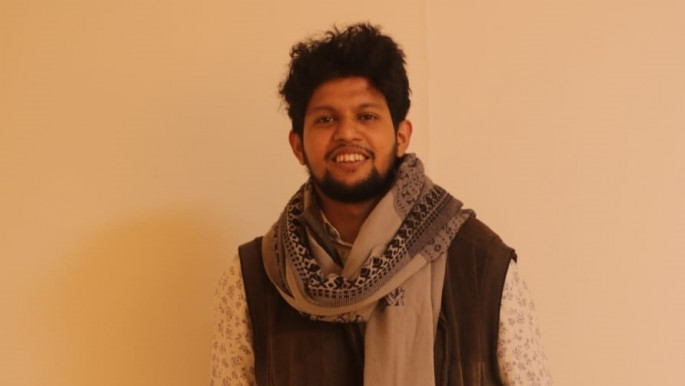Information and Broadcasting Adviser Mahfuj Alam has said that the long-standing political structure in Bangladesh has already been “bruised and buckled,” and warned that any immediate attempts to break it further may only cause more damage.
In a Facebook post published yesterday (19 July), Mahfuj addressed the ongoing political transition in the country, urging citizens and activists to adopt a strategic and morally grounded approach. He emphasized that while the collapse of the Awami League government has opened a path for change, that path must be tread carefully and with an eye on human rights and inclusion.
“The old order has already buckled. It can’t be broken now — any attempt to do so may only damage it further. There will come a time when breaking it will be possible. But for now, our efforts should focus on rebuilding,” Mahfuj wrote.
Stand With the Oppressed, Not Against the People
In a strong statement advocating for civil liberties, Mahfuj called on the public to support the lawful arrest and prosecution of criminals but warned against turning entire neighborhoods into security zones or ghettos.
“Assist in bringing terrorists to justice, but as citizens, we must stand for the human rights of all. Do not attempt to turn any area into a ghetto,” he said.
Read More: It was Necessary to Try The 1971 Case Under The Same Law as The Awami League: Ishraq
He highlighted Gopalganj as a case in point, where he claimed that economically disadvantaged Hindus have faced systemic oppression even during the Awami League’s tenure.
“We must show solidarity with those oppressed and deprived across Bangladesh, including those harmed by the Awami League,” Mahfuj stated.
Hasina’s Fall: A Moral Collapse
Mahfuj also reflected on the political downfall of ousted prime minister Sheikh Hasina, asserting that her defeat was not merely political but deeply moral.
“Her political collapse followed a moral defeat. Therefore, in opposing her, we must not lose our moral high ground,” he said.
Revolutionary Moment Caught Opposition Off Guard
He acknowledged that the rapid pace of political change took the opposition by surprise, exposing weaknesses in organization and political readiness.
“This hindered us from completely dismantling the fascist framework. Still, we have a historic opportunity to organise ourselves as a political community and establish accountable democratic institutions,” Mahfuj observed.
He concluded the post with a forward-looking note, stressing the need for structured transformation rather than chaotic dismantling.
“That path will lead to the total abolition of fascist systems.”
As Bangladesh moves through a historic and uncertain phase of transition, Mahfuj Alam’s statement stands as both a cautionary note and a call to moral and political discipline in rebuilding a democratic future.




















